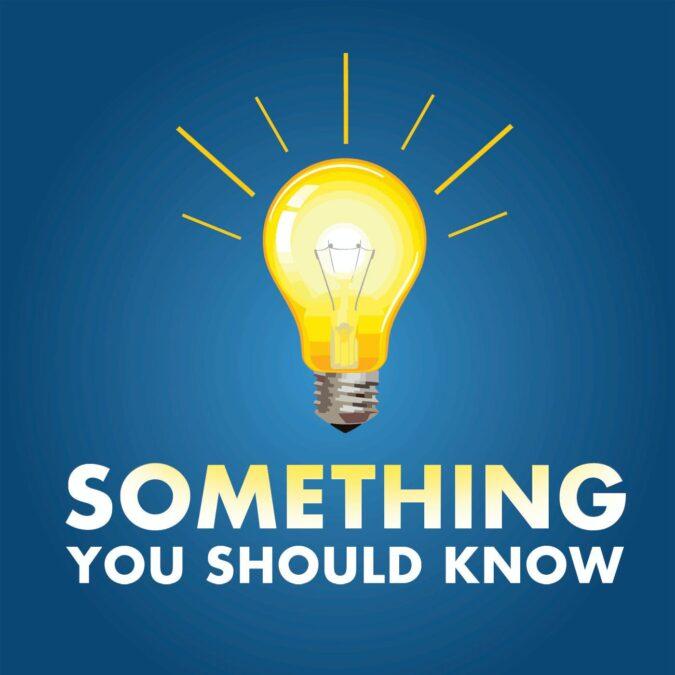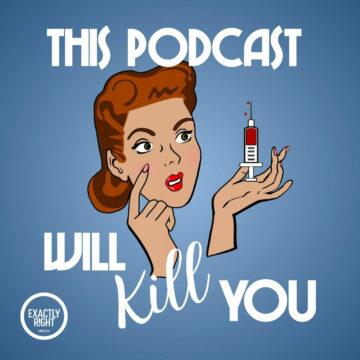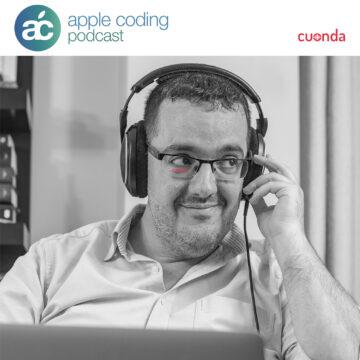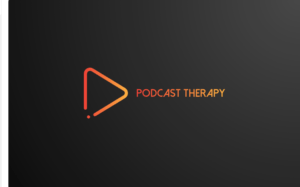Have you ever had a headache that seemingly came on for no apparent reason? This episode begins with an interesting and unusual list of reasons why headaches happen and you likely haven’t heard of many of them before. https://www.webmd.com/migraines-headaches/common-headaches-17/mild-moderate/slideshow-headache-triggers
Are humans meant to work long hours? Could it be that working less could actually make us more productive and happier? That’s the case made journalist Celeste Headlee author of the book, Do Nothing: How to Break Away from Overworking, Overdoing, and Underliving (https://amzn.to/3cKMOJ8). Celeste reveals the benefits of working less including more profit for business and better health for workers and offers examples of famous, productive people who worked a pretty short day.
Ever wonder why people look back so fondly on the past, yet we often fear and worry about the future? There is something called “hindsight bias” and I’ll explain what it is and why we often long for the good old days. (Source: Dan Gardner, author of the book Risk (https://amzn.to/2S6MpIW)
90% of all spread sheets in the world likely contain at least 1 error. And that is just one of the many ways math screws things up in our world according to Matt Parker. Matt is a math teacher, YouTuber and author of the book Humble Pi: When Math Goes Wrong in the Real World (https://amzn.to/2S8kdFF). Matt joins me to explain some fascinating truths about math, why it is so important in our lives today and how it often goes wrong. You can find him here on YouTube: https://www.youtube.com/watch?v=uDn3y3MGcBc
This Week’s Sponsors
-AirMedCare Network.Go to www.AirMedCareNetwork.com/something and get up to a $50 gift card when you use the promo code: something
Learn more about your ad choices. Visit podcastchoices.com/adchoices









